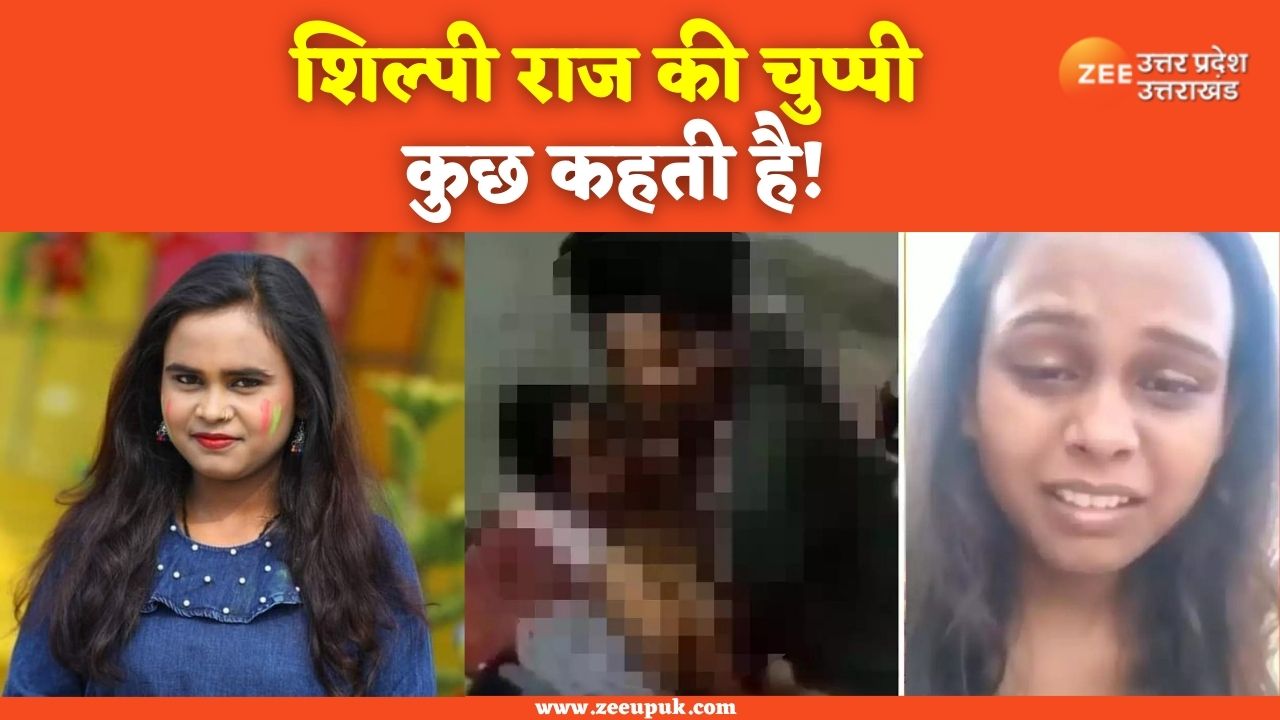India MMS Scandals: Truth, Cases & How To Take Action | Latest News
Are we truly safe in the digital age? The proliferation of leaked private multimedia content, commonly known as MMS leaks, has cast a long, ominous shadow over privacy, leaving individuals vulnerable and triggering societal outrage, especially in India and Pakistan.
This article delves into the heart of this unsettling reality, dissecting the intricate web of causes, impacts, and potential solutions. From the bustling streets of Chandigarh to the digital landscapes of social media, we explore the stories, the victims, and the ongoing fight for justice in the face of technological exploitation.
The digital realm, once hailed as a bastion of connection and progress, has paradoxically become a hunting ground for malicious actors. MMS leaks, which refer to the unauthorized sharing of private multimedia content like videos and images, have become a disturbingly common phenomenon. This article will explore several high-profile cases and the broader implications they carry for personal safety and societal trust.
One such case involves the private video of Sahaj Arora and Gurpreet Kaur, a popular couple known for their "kulhad pizza" venture. The leak resulted in widespread trolling and prompted Sahaj to publicly denounce the video, asserting its falsity. This instance is indicative of the larger issue. The constant fear of one's private moments being exposed to the world underscores the urgency of understanding and combating MMS leaks.
The repercussions of such leaks extend far beyond the immediate violation of privacy. Victims often face intense online harassment, reputational damage, and emotional distress. The societal impact is equally significant, eroding trust, and fostering an environment of fear and suspicion. The article aims to dissect the core reasons behind these leaks, the far-reaching implications, and the proactive steps that can be taken to combat this trend.
The stories surrounding MMS leaks in India and Pakistan paint a grim picture. High-profile individuals are not the only targets; ordinary citizens are equally susceptible. Recent instances include leaks involving students at Chandigarh University, where objectionable videos were allegedly shared, leading to protests and outrage. In another case, a hidden camera was discovered in a hostel toilet at an engineering college in Andhra Pradesh, capturing private moments of female students.
These incidents highlight the various methods utilized to capture and disseminate private content. From malicious software to the use of hidden cameras, the methods are constantly evolving, making it crucial to remain vigilant and informed. They also show how quickly such events can spiral into public scandals, often amplified by social media platforms, resulting in both legal and social repercussions.
The impact of these incidents are multifaceted, ranging from individuals grappling with severe emotional distress and mental health struggles to the erosion of trust in institutions and the digital ecosystem.
One of the most talked-about cases involved Pakistani TikTok star Sajal Malik. After a leaked MMS scandal, she publicly addressed the issue, dismissing the video as fake and revealing the emotional toll it took on her. Her experience reflects the severe mental anguish and public shaming many victims undergo.
Anjali Arora, a well-known figure from the reality show "Lock Upp," also faced the fallout of an alleged MMS leak. Her case, like others, amplified the discussion about the responsibility of media outlets and the ethical considerations surrounding the dissemination of potentially damaging content.
The problem is not limited to any demographic or geographical location. Actresses like Mona Singh also faced the repercussions of having their private content leaked. Singh, in her response, highlighted how the act of face-morphing to create and spread false information has resulted in grave harm.
The pervasiveness of MMS leaks is also evident from the involvement of numerous celebrities and influencers. Oviya Helen and Minahil Malik are other names added to the list. The consistent occurrence of these events serves as a stark reminder of how vulnerable privacy has become in an era of constant connectivity.
The article also highlights the legal and practical recourse available to victims. It examines relevant sections of the Information Technology Act and the Indian Penal Code, emphasizing the importance of taking legal action and seeking justice. Furthermore, it offers advice on what actions victims can take to cope with the traumatic experience and begin the healing process.
Understanding the root causes of MMS leaks is essential for devising effective solutions. Several factors contribute to this issue, including the proliferation of smartphones and readily accessible recording devices, the anonymity afforded by the internet, and the lack of sufficient legal frameworks and enforcement mechanisms. These aspects combine to create an environment where such violations can easily occur.
Many factors contribute to the creation and distribution of MMS leaks. The easy availability of smartphones and recording devices means more private moments can be recorded. Anonymity on the internet helps spread videos quickly, and the lack of strong laws doesn't stop people from doing it. All of these issues make it easy for privacy to be violated.
The legal and societal framework governing privacy and digital rights must be strengthened. This requires updating existing laws, creating stricter penalties for perpetrators, and increasing public awareness about online safety. Technology can be leveraged to combat the issue, such as developing tools to detect and remove leaked content from the internet, and educating the public about online privacy.
Moreover, it is crucial to create a supportive environment for victims, where they can safely report incidents, receive counseling, and access legal aid. The focus needs to be on empathy and understanding rather than judgment and shaming. The narrative must shift to emphasize the victim's rights and hold the perpetrators accountable.
The leaked content is often spread via messaging platforms like WhatsApp, often without the consent of those involved, and is known as viral MMS, which has become a big concern. The constant sharing of private content online without consent is a fundamental breach of privacy.
The Chandigarh University case where videos of 60 girls were leaked brought the focus of this evil again. This instance underscores the gravity of the issue and the importance of taking measures to prevent future incidents.
The article also examines the role of the media. The media often plays a crucial role in disseminating information. While it's crucial to inform the public, it is equally important to handle this sensitive information responsibly. Guidelines are needed to avoid further trauma and protect the victim's privacy.
Celebrities like Katrina Kaif, Kareena Kapoor Khan, and others have also been affected by this issue. Their experiences highlight the universality of this problem and underscore the challenges faced by individuals in the public eye.
In 2024, viral MMS scandals have dominated headlines, with private videos of influencers and celebrities surfacing online. Oviya Helen, Minahil Malik, and Pragya Nagra were among those impacted. The increasing frequency of these incidents suggests that more comprehensive solutions are urgently needed.
The current scenario in Chandigarh University, where distress prevails due to leaked videos, is a powerful reminder of the serious repercussions of these breaches. The incidents involving Rajvinder Kaur, the girls' hostel warden who was suspended for alleged misconduct, show how deeply the issue affects everyone involved.
The case of Mona Singh, whose private clip was morphed and shared online, highlights the dangers of digital manipulation and the importance of verifying the authenticity of online content. Her courageous response underscores the need for support from the authorities.
The issue highlights challenges faced by actresses whose private moments are leaked online. These women have to deal with the public spotlight and the media scrutiny that follows such events. The need is to empower them, to protect them, and to allow them to live their lives without fear.
The article strongly emphasizes empowering the victims to take action and providing resources for healing and moving forward. It also emphasizes the necessity of a change in societal attitudes and the importance of respecting the privacy of every individual.
| Category | Details |
|---|---|
| Name | Sajal Malik |
| Profession | TikToker, Social Media Influencer |
| Nationality | Pakistani |
| Known For | Viral TikTok content, participation in online trends |
| Controversy | Involved in an alleged MMS leak scandal, resulting in online backlash and debate |
| Current Status | Active on social media, has addressed the scandal, claims video is fake |
| Mental Health | Reported to have experienced mental distress due to the scandal |
| Public Response | Received mixed reactions; some support, while others expressed criticism and spread hate |
| Legal Action | Not reported in the context of the provided information |
| Social Media | Sajal Malik Instagram |
In the face of these MMS scandals, individuals and society as a whole must adopt proactive measures. The digital environment must be made safer through stricter laws, better enforcement, and a change in the way society responds to victims. The goal is to create a world where privacy is respected and protected, and where technology is used to empower rather than harm individuals.


